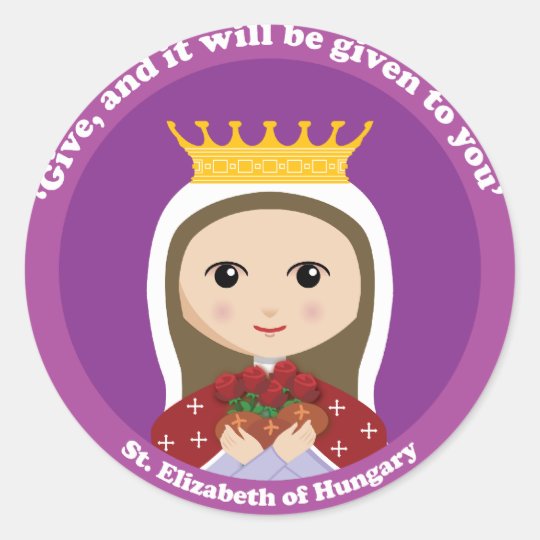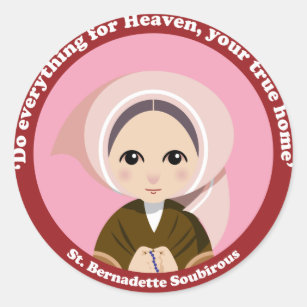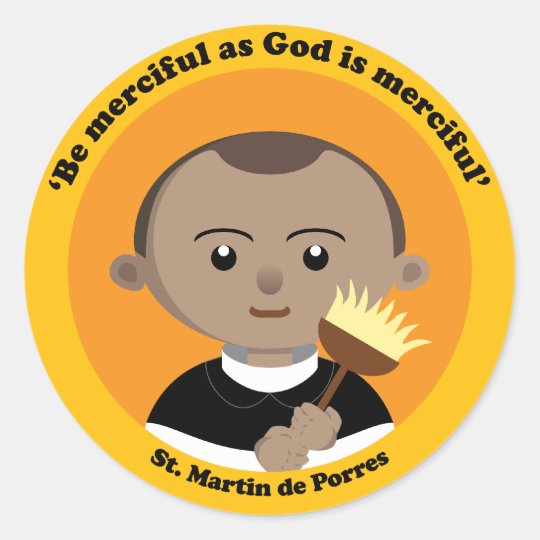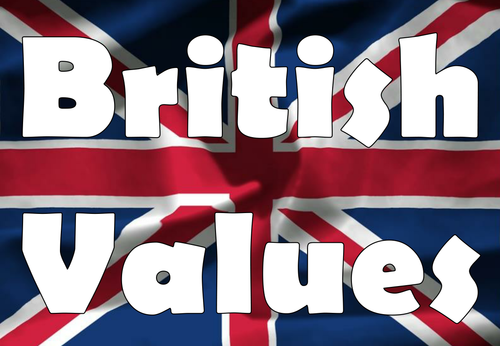Curriculum
Statement of Intent
Our curriculum is driven by our Mission Statement: ‘Celebrating Excellence through our Faith and Learning.’ Our school has also adopted the Jesuit Values, which together with our Mission Statement, underpin all aspects of our school life. Our values are promoted through the gospel and the life and teaching of Jesus.
At St Mary’s we deliver a broad, balanced and challenging curriculum which is based upon the 2014 National Curriculum and the 2020 EYFS Framework. The National Curriculum subjects include: English, Mathematics, Science, RE, Computing, Art, Design Technology (DT), Geography, History, Music, Modern Foreign Language (French) and PE. We also teach Personal, Social, Health and Relationship Education and make use of our outdoor learning areas when appropriate. The are enriched with Cultural Capital, which is delivered by exposing pupils ‘ to a large variety of subject areas and arts; promoting character-building qualities that lead to creating well-rounded, global citizens, and … to provide young people with recognised and meaningful qualifications that will open up doors to paths in later life.'
Our curriculum builds upon our links with local STEM industries and our global community. Our curriculum and school life celebrates the diverse and multi-cultural background of many of our pupils and staff, providing a secure and caring foundation to nurture the children’s sense of their place and role in modern society. British Values* are promoted hand-in-hand with our Jesuit Values, and together permeate throughout our school life. Our school provides an inclusive curriculum for all. Expectations for pupils’ behaviour and learning are consistently high across the school; this is reflected in their excellent manners and high levels of engagement with their learning. We place a strong emphasis on developing children’s oracy skills; extending their vocabulary and encouraging them to speak out confidently and eloquently. We recognise that children make the best progress when they are happy and secure, so we support children’s emotional well-being in order for children to reach their true potential. We greatly value ‘Pupil Voice’ and provide many opportunities for children to develop their leadership skills e.g. School Council, Eco Club, Chaplaincy Team and Play Leaders.
Implementation
When planning the curriculum, the knowledge and content of the subject, as well as the skills, are mapped out for each year group to ensure there is continuity and progression and ensure new knowledge is built upon prior learning.
English, Maths, Computing, RE, Science, Music, French and PE are mainly taught as discrete subjects, however, cross curricular links with other curriculum subjects and within these subjects are made whenever possible. Themes within subjects are revisited in order to ensure knowledge and skills are embedded. (See long term cross curricular plans below).
The Early Years Foundation Stage (Reception) curriculum is organised differently according to national expectations and covers 17 areas of learning.
Impact
We assess the impact of our curriculum in a number of ways: marking and feedback in children’s books; pupil conferencing; pupil progress meetings with teachers; Parents’ evenings; and, more formally, through termly assessments for English, Maths, Science and RE, using the National Curriculum statements as a guide to the expected levels for each year group. We use pupil-based self-assessments alongside teacher assessments and end of Key Stage SATS. The rest of the curriculum will be assessed at the end of a unit of work or topic, once again using National Curriculum statements or skills based ones as will be the case for Music, Art and PE. In addition to these more formal ways of measuring the impact of teaching and learning, impact of the curriculum can be seen through the extensive monitoring (Book Looks, Moderation, Pupil Conferencing, Learning Walks) that is undertaken by our SLT, Governing Body and School Challenge Partner.
Phonics Teaching
We use Unlocking Letters and Sounds which was validated by the DfE in December 2021.
We begin teaching phonics in the first few weeks of term 1 in Reception and children make rapid progress in their reading journey. Children begin to learn the main sounds heard in the English Language and how they can be represented, as well as learning ‘Common Exception’ words for Phases 2, 3 and 4. They use these sounds to read and write simple words, captions and sentences. Children leave Reception being able to apply the phonemes taught within Phase 2, 3 and 4.
In Years 1 through Phase 5a, b and c, they learn any alternative spellings and pronunciations for the graphemes and additional Common Exception Words. By the end of Year 1 children will have mastered using phonics to decode and blend when reading and segment when spelling.
At the end of Year 1, all children are screened using the National Phonics Screening Check. In Year 2, phonics continues to be revisited to ensure mastery of the phonetic code and any child who does not meet age-related expectations will continue to receive support to close identified gaps.
Children are regularly assessed and supported to keep up through bespoke 1-1 interventions to ensure no child is left behind at any point in the progression. These include GPC recognition and blending and segmenting interventions. The lowest attaining 20% of pupils are closely monitored to ensure these interventions have an impact.
Reading Scheme
Alongside daily phonics lessons, children practise their reading skills through daily reading practise and reading lessons using fully decodable reading books. At St Mary’s we promote a 'phonics first' approach and in both our guided reading sessions at school and in the books children take home, texts are very closely matched to a child's current phonics knowledge so that every child can experience real success in their reading. In these crucial early stages of reading we primarily use books from Ransom Reading Stars Phonics, to ensure complete fidelity to the Unlocking Letters and Sounds progression we follow.
Once children progress beyond decodable texts, they move onto our book scheme so that they can continue to progress in their decoding, fluency and comprehension skills to become avid, expert readers.
Phase 2 'Actions, Images and Letter formation' document
Reading
Reading is very important to the staff and children of St Mary’s. We have very high standards and encourage reading for pleasure and information each and every day. We use a mixture of books from a variety of reading schemes from Reception up to the end of Year 3. This is when the majority of the children become free readers and are able to read books from the school library and from home. We operate a reading reward scheme where children who read frequently are rewarded with stickers, certificates and prizes.
British Values
Further information on how we teach British Values can be accessed by clicking the link below:-
Termly Topic Overviews and Knowledge Organisers
The termly topic overviews are available on the individual class pages, along with any knowledge organisers that are a reference for pupils on what they are learning that term.
 |
 |
 |
||||
|
St George Reception |
St Nicholas Year 1 |
St Elizabeth Year 2 |
St Augustine Year 3 |
St Bernadette Year 4 |
St Martin Year 5 |
St Francis Year 6 |
Our Curriculum By Subject 2023/2024
Are you a parent or other member of the public who wants to find out more about our curriculum? Please find attached a planning overview for each subject. Paper copies of our curriculum are available on request from the school office. We are also more than happy to give you a greater insight into how our curriculum works during the numerous parental visits we organise. Please contact the school office for further details.















